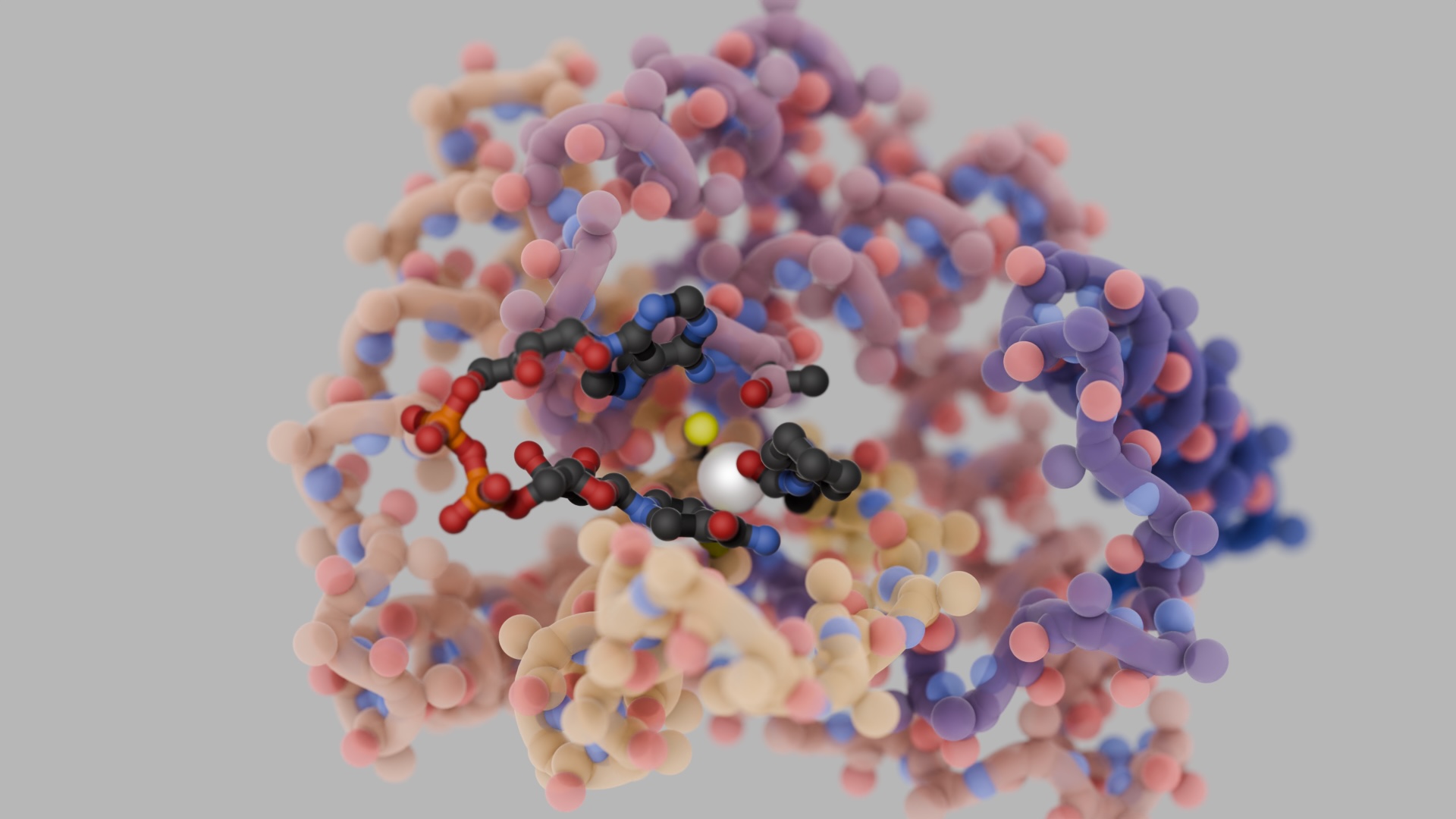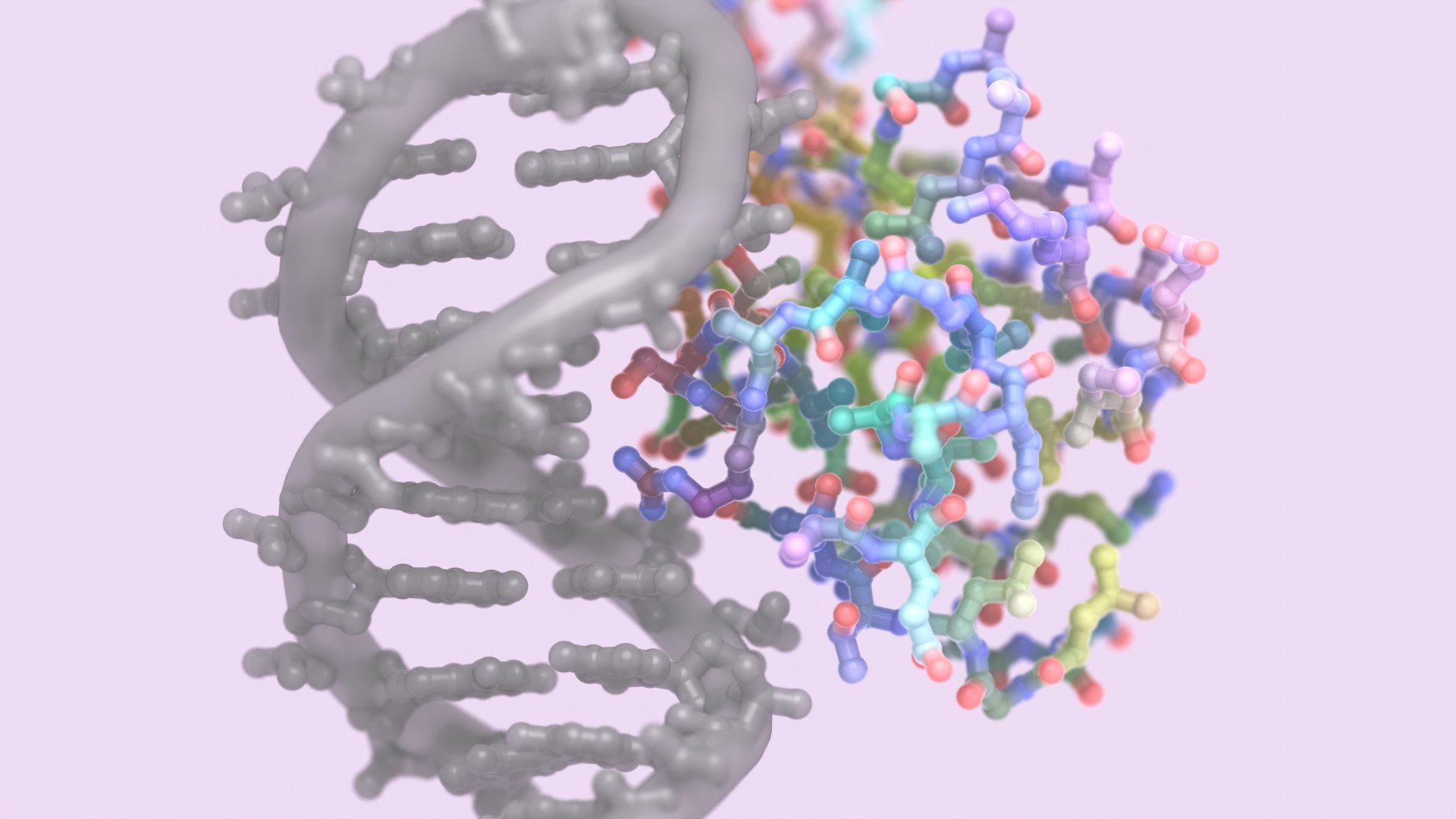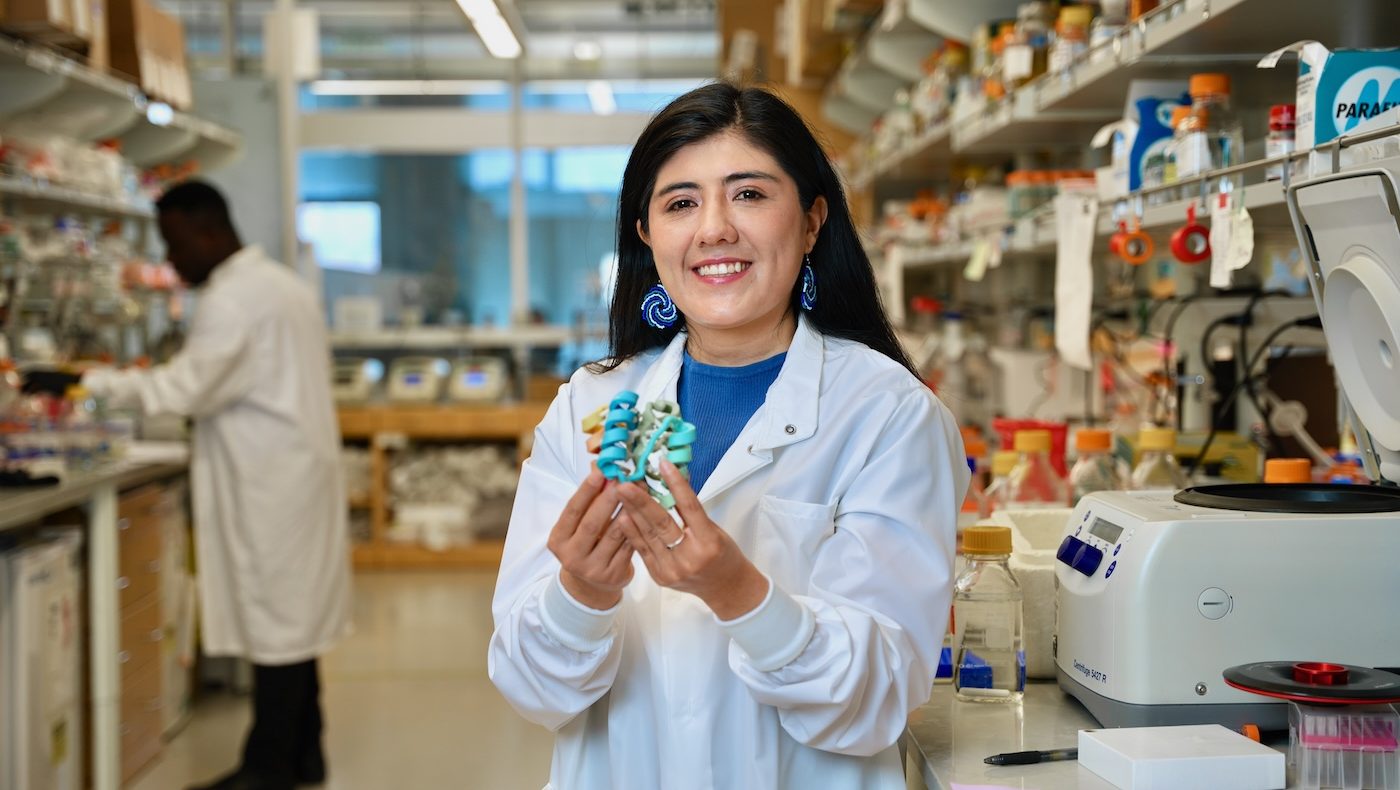 Seattle-based Arzeda, a computational and synthetic biology company that was spun out from the University of Washington labs of Prof. David Baker, recently announced that its high-throughput, automated pipeline for protein engineering and pathway discovery had been validated by the production of two keystone molecules.
Seattle-based Arzeda, a computational and synthetic biology company that was spun out from the University of Washington labs of Prof. David Baker, recently announced that its high-throughput, automated pipeline for protein engineering and pathway discovery had been validated by the production of two keystone molecules.
The announcement is a major technical milestone for Arzeda’s approach and their partnership with Amyris, Inc, which is part of a Defense Advanced Research Projects Agency (DARPA) Technology Investment Agreement (TIA).
The two molecules developed with the Arzeda technology are industrially important as dyes, food ingredients and pharmaceutical intermediates, but their current manufacture involves the use of highly toxic and carcinogenic substances such as cyanide and benzene.
“Arzeda’s computational design and synthetic biology technologies for protein design and pathway prediction can now leverage natural fermentation to produce molecules previously only produced through organic chemistry,” said Alexandre Zanghellini, co-founder and CEO of Arzeda. “We can also optimize them in ways not accessible to the synthetic chemist, creating the next generation of products with improved performance. Arzeda’s proprietary technology ushers in a new era of “combinatorial biochemistry” where entirely novel molecules can be made to order. We look forward to working with Amyris to further develop this important technology.”
Prof. Baker, currently the director of the Institute for Protein Design, helped co-found Arzeda, along with Drs. Alexandre Zanghellini, Eric Althoff and Daniela Grabs-Röthlisberger in 2008 to commercialize an innovative computational enzyme design technology based on the Rosetta software, that is used to rapidly make proteins and enzymes with new function.
These proteins and enzymes, and the more efficient and sustainable production pathways developed by Arzeda, have the potential to revolutionize industries ranging from food and pharmaceuticals, to advanced materials and chemicals.
Since its founding, Arzeda has been harnessing the technology to create new enzymes and chemical products that can compete on cost, performance and sustainability. The company has also established partnerships with several leading companies that will help bring these new products to the market.
Dr. Baker and the IPD continue to support Arzeda’s efforts to commercialize these important technologies, and look forward to more great news from Dr. Zanghellini and his team.
More information about Arzeda’s announcement is available at their website.




